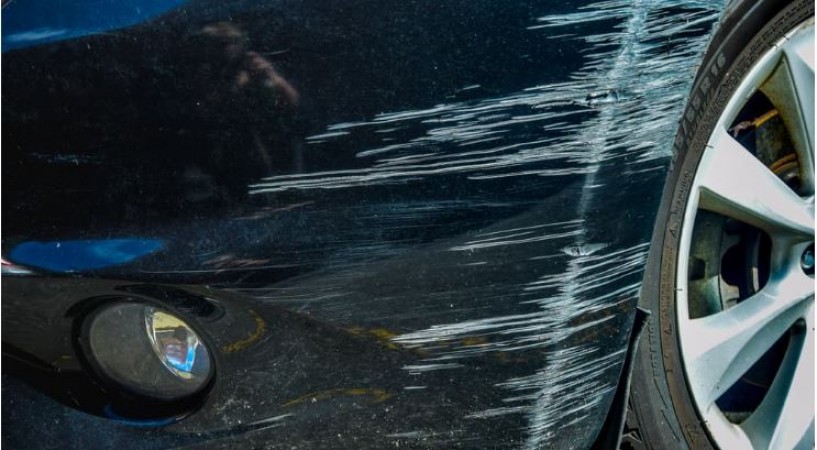
According to a recent study, transparent coating material that can self-heal when exposed to sunlight has been developed in 30 minutes. The research's findings were disseminated in the ACS Applied Polymer Materials journal. The most crucial factor in safeguarding a vehicle surface is automotive coatings' excellent durability. In order to preserve the product's original colour, protective coating materials should also be transparent and colourless.
However, all of these requirements must be met in order to provide a self-healing function. High hardness and excellent durability are accompanied by remarkably poor self-healing performance in materials with free molecular movement, while the reverse is true for materials with high self-healing efficiency but low durability.
Researchers at the Korea Research Institute of Chemical Technology (KRICT) led by Drs. Jin Chul Kim, Young Il Park, and Ji-Eun Jeong have created a transparent coating material that meets all of the aforementioned requirements, performs similarly to commercial protective coating materials, and can self-heal using only sunlight (Particularly near-infrared light in sunlight, in the wavelength range of 1,000 to 1,100 nm).
Surface scratches can be repaired using the developed self-healing protective material in 30 minutes when exposed to sunlight. The research team used a spray-coating machine to coat a laboratory-scale model car in order to demonstrate the self-healing capabilities of the developed coating material. The scratch completely vanished and the surface of the coating material was restored after the model car spent about 30 minutes in midday sunlight.
The self-healing phenomenon's guiding principle is the surface temperature of the developed material increases when sunlight is absorbed because light energy is transformed into thermal energy. The repeated dissociation and recombination of chemical bonds in the polymer structure is then enabled by the elevated surface temperature to self-heal a surface scratch.
The research team mixes the currently available commercial coating resin with a transparent photothermal dye and a dynamic chemical bond (Hindered urea structure) that can repeat the decomposition and recombination of the polymer structure so that dynamic chemical bonding can occur actively when exposed to sunlight.
Even though photothermal dyes have been used to study self-healing properties, most previous research has focused on inorganic materials, which are challenging to use in industrial settings because coating materials need to be transparent. Additionally, the production of a photothermal effect in inorganic materials requires a significant amount of light energy.
Near-infrared light-absorbing transparent organic photothermal dyes were used by the research team. Near-infrared light can avoid excessive increases in the vehicle surface temperature because it is a long-wavelength energy source that makes up less than 10% of midday sunlight.
Additionally, organic photothermal dyes have a number of benefits for commercialization, including the fact that they are inexpensive, easily blend with different paints, and do not change the colour of the product due to their colourless inherent colour.
Future applications for the created self-healing material include coatings for building materials, electronic devices like computers and smartphones, and transportation applications. In addition, using less harmful organic solvents--which are produced in significant amounts when repainting vehicles--is anticipated to help the world achieve carbon neutrality.
The research director, Dr Jin Chul Kim of KRICT, said, "The created technology is a platform technology that creates self-healing coating materials using both photothermal dyes and low-cost commercial polymer materials. It is anticipated to be widely used in numerous applications in addition to automotive clearcoats."
BMW and Toyota come together to drive out new fuel cell cars: Report
Triumph Bonneville Speedmaster launched at Rs. 12.05 lakh
2022 Mahindra Scorpio Classic launched in India, price to reveal on August 20